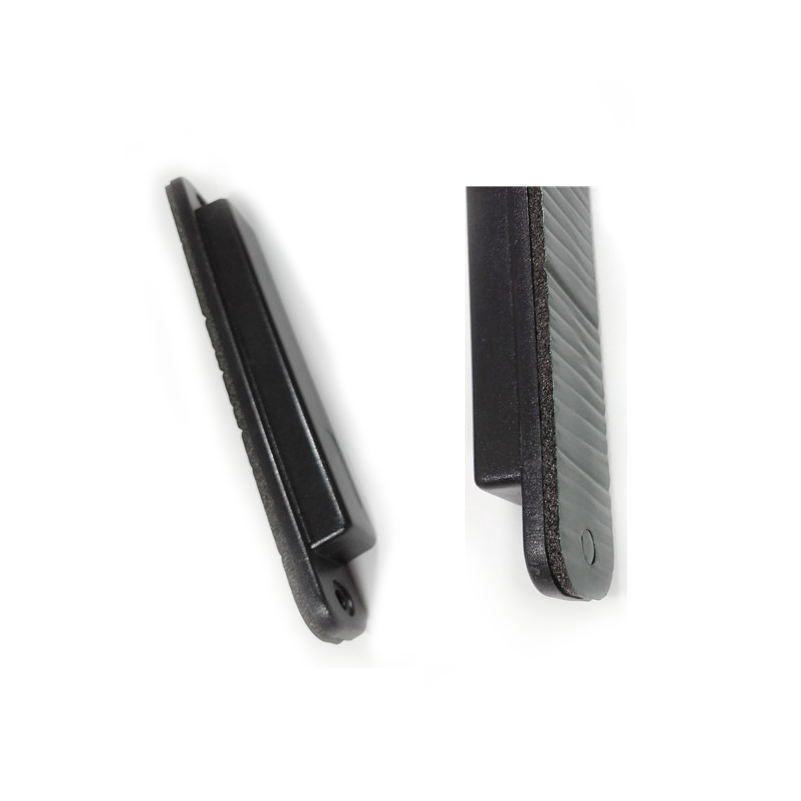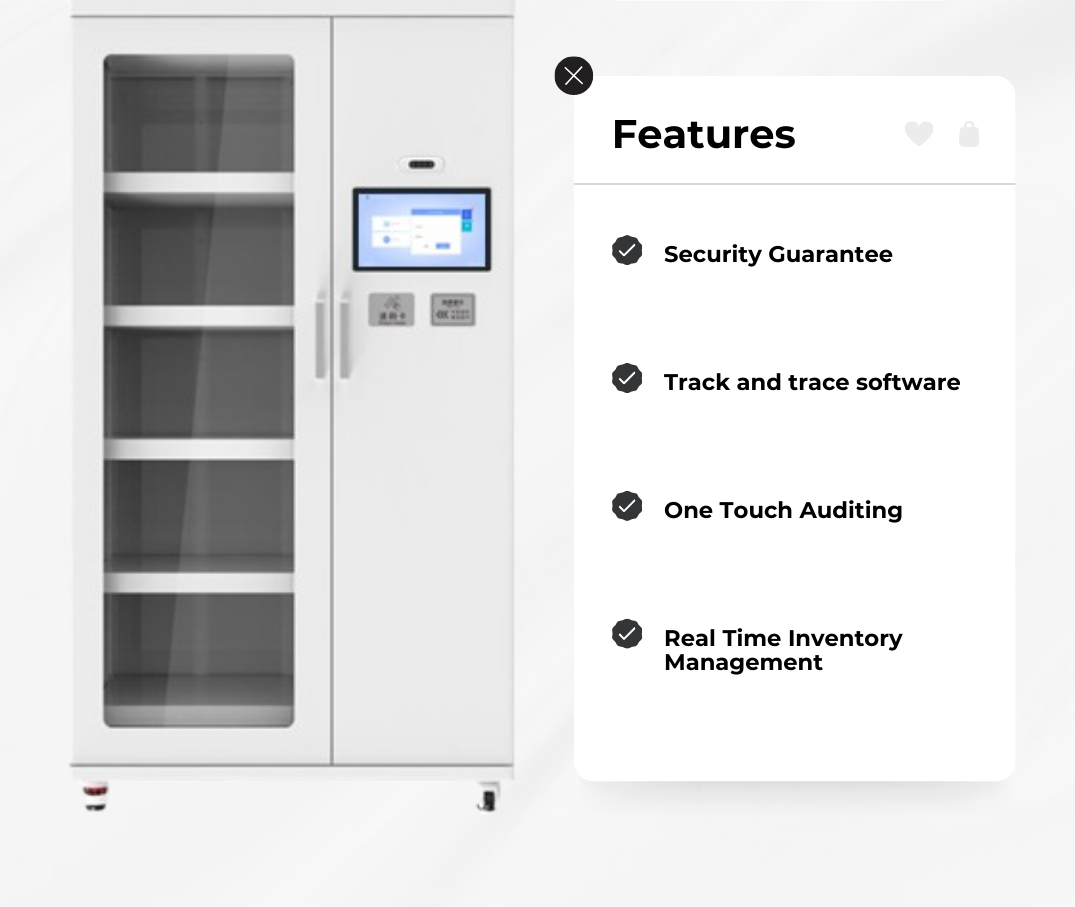What are RFID cattle and sheep ear tags?
RFID ear tags are like the “identity cards” of cattle and sheep. There is a small chip inside, and one is attached to the ear of each cow or sheep. The chip does not emit light and does not require batteries, but it can be sensed by a special machine-RFID reader.

How RFID Technology Enhances Livestock Counting
RFID-based livestock monitoring utilizes electronic ear tags assigned to each animal, paired with RFID multi-channel readers installed at pen entrances and exits. When cattle or sheep pass through the designated area, the reader detects the ear tag, records entry or exit data, and updates the system automatically. This method eliminates manual errors, ensures precise tracking, and enhances operational efficiency.

Basic parameters of ear tags:
Working frequency: 134.2 kHz (low frequency, more suitable for animals)
Supported protocols: ISO11784/11785, ISO15693 (international standard)
Optional sizes: 1.25×7mm, 1.4×8mm, 2.12×12mm (small and light)
Reading distance: 1-10 cm (close enough but not interfering)
Material: Bioglass (safe and non-toxic, not afraid of water)
Chip type: EM4305 (stable and durable)
How to achieve automatic counting?
The ranch installs an RFID multi-channel reader at the entrance and exit of the fence. Every time a cow or sheep walks past, the ear tag will be “scanned” by the reader. The system will automatically record which cow it is, when it entered the fence, and when it left.
Just like when you swipe your card to enter the school gate, swipe it and the system knows everything!
To sum up
RFID cattle and sheep automatic counting system makes ranch management as simple and efficient as “automatic card swiping”. From entry and exit records to cattle and sheep information management, all are completed automatically, which not only saves manpower, but also greatly improves breeding efficiency and safety.
It’s like installing a small smart tag for cattle and sheep, allowing herders to easily “cloud breeding”!












